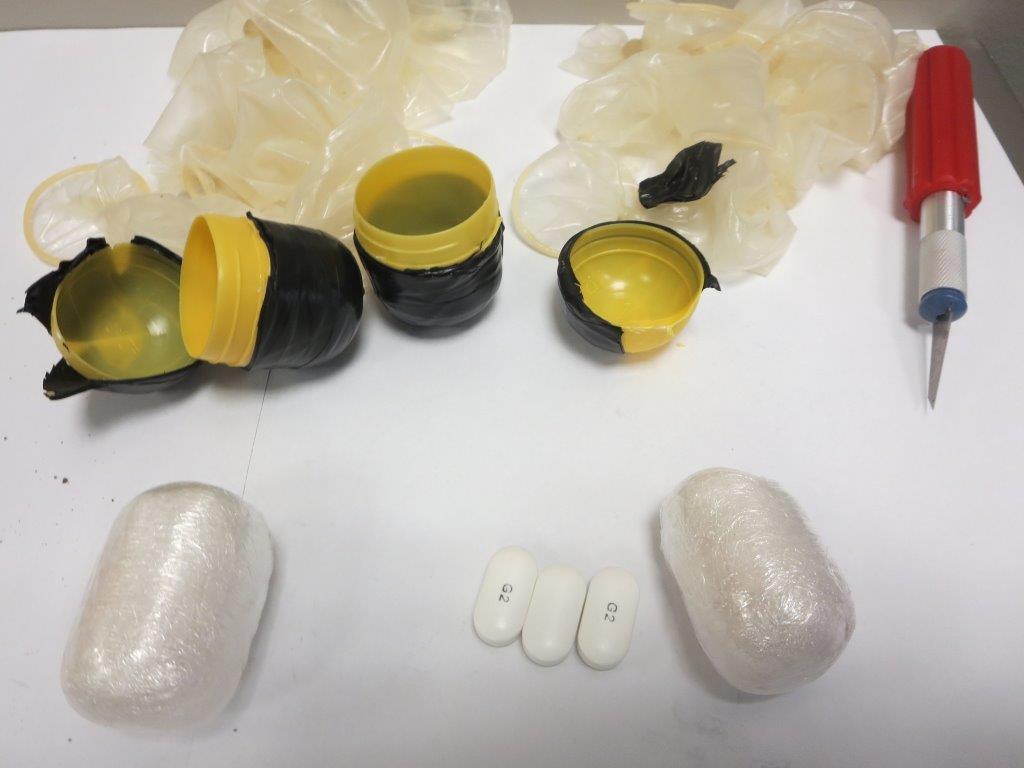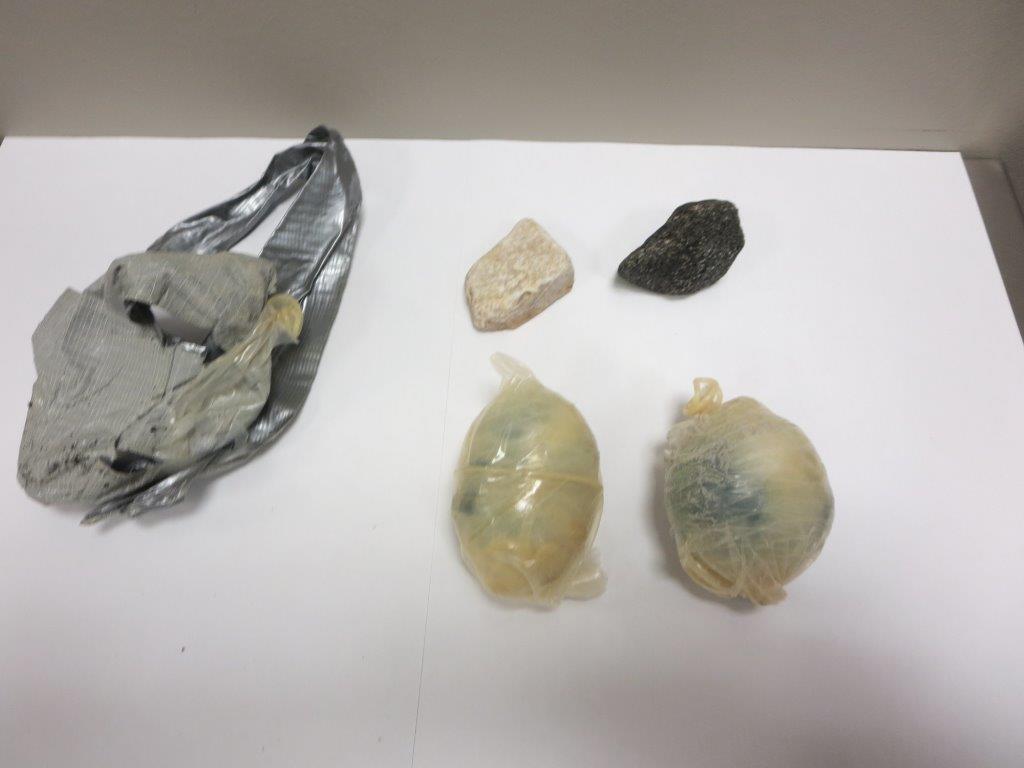The Saskatchewan Ministry of Corrections and Policing is launching a pilot project to help keep drugs out of its jails.

A full image body scanner, similar to those at the airport, is expected to be installed at the Regina Correctional Centre by the spring of 2019.
It’s a first for the province to help curb what it says has been an ongoing battle for correctional officers in Saskatchewan.
“They’re getting more and more, I would suggest, innovative in the ways that they’re trying to bring it in,” Ministry of Corrections and Policing spokesperson Drew Wilby said.
“This suitcasing – which is the act of taking a package, putting it in their rectal cavity and trying to bring it in and of course bringing that out once their in the facility and distributing whatever it is that they have – is one.”
Other methods Wilby said include throw-overs, which tend to happen more often in Prince Albert and Saskatoon, due to close proximity to city limits.
“People will throw a package over the fence and again, someone will grab it, suitcase it and try and bring it back in,” Wilby said.
“It’s a public safety risk, it’s also a health and safety risk if someone is presenting with that inside of their body and it happens to open up and the drugs are absorbed or it potentially gets stuck and the drugs need to be surgically removed. It could result in a colostomy and could result in death.”
In the past month, Regina police have arrested two people trying to smuggle drugs into the Regina Correctional Centre.
Full body image scanners were recommended about a year ago following a coroner’s inquest into the 2015 death of a 17-year-old who overdosed while in custody at Kilburn Hall in Saskatoon.
“We took that recommendation seriously and we looked at what other jurisdictions were doing, including Ontario, B.C. and Alberta and some have implemented scanners with quite a bit of success,” Wilby said.
While the machine hasn’t been purchased yet, it’s expected to cost the province between $100,000 and $200,000. If effective, Wilby says eventually there will be at least one in each of the province’s correctional facilities.










Comments